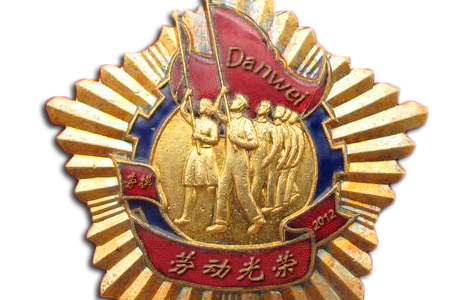A Brief Guide to China’s Media Landscape – February 2014
The table below shows mainland China’s most important websites, newspapers, and broadcast news organizations, together with numbers for website traffic, circulation and audience.
The numbers are guesstimates based on media reports, listed companies’ public filings, media advertising rate cards, Alexa.com and Danwei interviews with media insiders. Like all numbers in China, they should be taken with a pinch of salt, for reference only. This list is updated every three months.
The major changes since the last version of this report (published in November 2013) are continued growth of Internet users, and the rise of the mobile device as the most common means of accessing the Internet:
“The number of Internet users in China had hit 604 million as of the end of September [2013], with mobile phones becoming the favored means of accessing the web, the State Internet Information Office announced”according to the China Daily.
2013 also witnessed a significant downturn of activity on Sina Weibo (often glossed as “China’s Twitter”). According to recent reports released by China Internet Network Information Center, 22.8% netizens reduced their usage of Weibo, including visits from mobile devices. In December 2013, there were 196 million mobile phone Weibo users, which is 5.96 million fewer than at the end of 2012. The decline is widely blamed on several factors, including the rise of Tencent’s WeChat messaging and mobile app service; government censorship, especially the”Big V Crackdown”; too much advertising and commercial “noise” on users’ Weibo feeds; and a lack of innovation from Sina (see this article for more on the factors behind the decline).
|
Internet |
||
| Sina Weibo | Microblog | Over 500 million registered users/25 million active users daily |
| Sina.com.cn | News portal website | 40 million IP visitors daily |
| Tencent Weibo | Microblog | about 540 million registered users/220 million active users monthly |
| Tencent Qzone | Nickname SNS, blogs, home pages | 620 million active users monthly |
| Tencent WeChat | Mobile text & voice messaging, friend networks | 272 million active users monthly |
| QQ.com | News portal website | 51 million IP visitor daily |
| Baidu Post Bar | Forum and Q&A | over 10 million registered users and over 200 million monthly active users |
| Baidu Search Engine | Search engine | over 80 million IP visitors daily |
| Taobao and T Mall | Online mall and C2C ecommerce | over 67 million IP visitors daily (combined); over 1 trillion RMB sales in 2012 |
| Youku & Tudou | Companies have merged; video sharing and viewing, including TV shows | youku: over 10 million IP visitors daily tudou:over 1.26 million IP visitors daily |
| Douban | Interest based, nickname SNS | 79 million registered users and over 200 million active users monthly |
| Renren | Real name SNS | 184 million active users |
| Sohu | News portal website | 25 million IP visitor daily |
| Netease | News portal website | 16 million IP visitor daily23 million unique visitors daily |
| iFeng | News portal website | 11 million IP visitor daily |
| Caixin | Financial business & politics news | one of the leading websites in finance, 153 thousand IP visitor daily |
| Yicai | Financial & economic news | one of the leading websites in finance, 54 thousand IP visitor daily |
|
Print Newspapers |
||
| Reference News 参考消息 |
Newspaper | 3.4 million copies |
| People’s Daily 人民日报 |
Newspaper | 2.8 million copies |
| Global Times 环球时报 |
Newspaper | 2 million copies |
| Southern Weekly 南方周末 |
Newspaper | 1.7 million copies |
| New Weekly新周刊 | Magazine focusing on current events and lifestyle | 310,000 copies |
| Southern People Weekly 南方人物周刊 |
Magazine focusing on interviews | 200,000 copies |
|
Radio and TV |
||
| China National Radio 中央人民广播电台 |
Radio | Over 700 million listeners |
| CCTV 中国中央电视台 |
State television broadcaster in mainland China with mutiple channels | 200 million to around a billion viewers |
| HunanTV 湖南卫视 |
Top provincial satellite TV station focused on entertainment programs | 65 to 800 million viewers |

















































